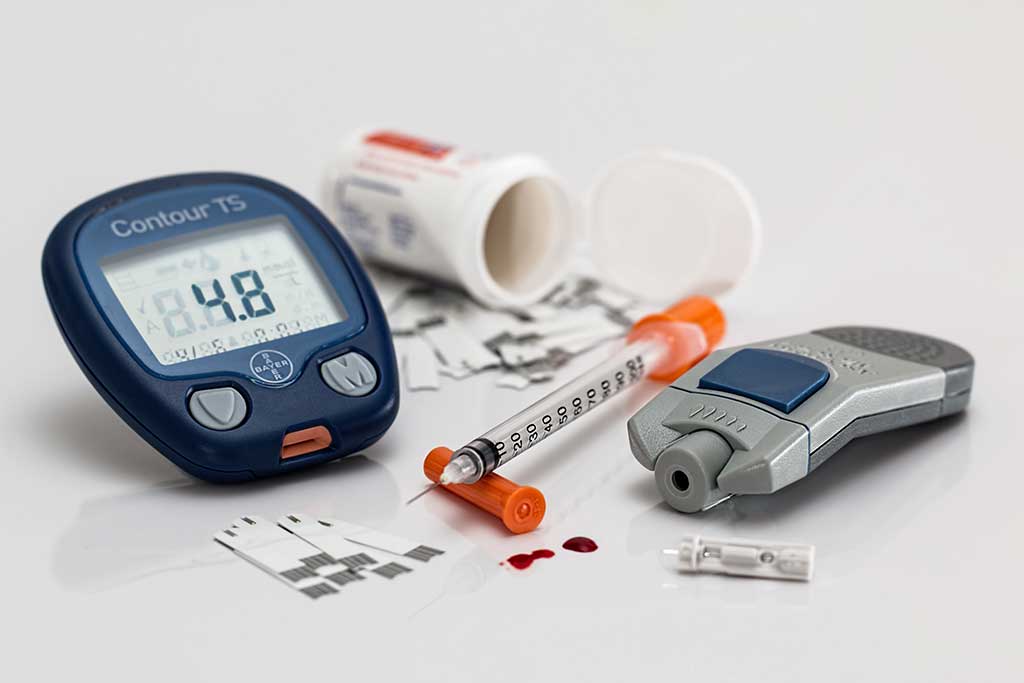'No link between MMR and autism,' major study finds
Medication

"The MMR jab does not lead to autism: Scientists debunk controversial theory yet again," reports the Mail Online. A major study has confirmed yet again that...
"The MMR jab does not lead to autism: Scientists debunk controversial theory yet again," reports the Mail Online.
A major study has confirmed yet again that there's no link between autism and the MMR vaccine, which protects against measles, mumps and rubella.
The vaccine is given as part of the routine childhood immunisation schedule in the UK. The first dose is given around the time of a child's first birthday and the second at 3 years and 4 months.
Take-up of the vaccine was affected after the publication of a controversial study by Andrew Wakefield in 1998, which claimed there was a link between the MMR vaccine and autism.
But Wakefield's work has since been completely discredited and he has been struck off as a doctor in the UK.
Subsequent studies in the last 9 years have found no link between the MMR vaccine and autism.
In this latest study, researchers followed up 650,000 Danish children until they were on average 8 years old. Researchers found around 1% of them developed autism.
Most children in the study had received the MMR vaccine. There was no difference in the rates of autism between those who'd been vaccinated and those who had not.
Nor was there any link with the MMR vaccine when looking at children who may be at higher risk of autism, such as those with a sibling with autism.
This study strongly supports the fact that the MMR vaccine does not cause autism.
Where did the story come from?
This study was conducted by researchers from Statens Serum Institut and the University of Copenhagen in Denmark, and Stanford University School of Medicine in the US.
It was funded by the Novo Nordisk Foundation and the Danish Ministry of Health.
The media coverage was fairly accurate.
What kind of research was this?
This was a population-wide cohort study in Denmark that aimed to investigate the now-discredited link between the MMR vaccine and autism.
Observational studies like these are commonly used to investigate a link between a potential exposure (in this case, the vaccine) and an outcome (autism) and have the advantage that they can follow very large numbers of children over many years.
What did the research involve?
The study used the Danish Civil Registration System to identify all children born in Denmark from 1999 to 2010.
In Denmark, the first dose of MMR is given at 15 months and the second dose at 4 years of age. Before 2008, the second dose was given at 12 years old.
The researchers noted whether each child had received both MMR disease and other childhood immunisations.
Information on autism was obtained through the Danish Psychiatric Central Register, which codes the individual diagnoses as given by psychiatrists, such as autism disorder, Asperger's or other developmental disorder.
Using the Danish National Patient Register, they also reviewed any diagnoses for medical conditions.
In their analyses, they adjusted for other factors that could be linked with an autism risk, such as:
- parents' age
- smoking during pregnancy
- premature birth
- low birth weight and head circumference
- multiple birth
- vital signs and physical health in the newborn
What were the basic results?
A total of 657,461 children born from 1999 to 2010 were followed up between 2000 and 2013 to an average of 8.6 years of age.
The vast majority had received the MMR vaccine, with only 5% (31,619 children) not being vaccinated.
A total of 6,517 children developed autism, which is a rate of around 1 in 100 children during 10 years of follow-up. Diagnosis was at around 6 or 7 years of age on average.
When comparing MMR-vaccinated and non-vaccinated children, there was no link between MMR and autism risk (hazard ratio 0.93, 95% confidence interval 0.85 to 1.02).
Results were similar when grouping children according to their age (how long since they had the MMR jab) and whether or not they'd received other childhood vaccinations.
Autism diagnosis was more common among boys and children who had siblings with autism.
When looking at sub-groups of boys, those with siblings with autism or other high-risk factors for autism, researchers still found no link with the MMR vaccine.
How did the researchers interpret the results?
The researchers concluded: "The study strongly supports that MMR vaccination does not increase the risk for autism, does not trigger autism in susceptible children, and is not associated with clustering of autism cases after vaccination."
Conclusion
This study supports earlier studies that the MMR vaccine has no link with the risk of autism.
It follows a 2014 review that pooled the results of 10 observational studies on childhood vaccine and found no evidence of any link between the MMR vaccine and autism.
The strength of this study is that it follows a large number of children. This makes the findings more reliable when assessing a fairly rare outcome like autism, and reduces the possibility that the findings are down to chance.
The analysis of this study specifically looks at susceptible sub-groups and whether there could be any clustering of cases after the vaccine is given, something that the controversial 1998 Wakefield paper suggests.
But in all analyses, it's clear the MMR vaccine does not increase the risk of autism.
The suggested autism links in the 1998 paper were completely unjustified and not backed by evidence. Yet despite the paper being withdrawn, it continues to cause harm.
There have been several measles outbreaks in Europe and the US, and avoidance of the MMR vaccine has been identified as a major cause.
Studies have found that concerns over an autism link are the main reason parents avoid giving their child the vaccine.
It's hoped that this large study will reassure the public and health professionals that the MMR has no link at all with the risk of autism, either in the child population overall or in potentially higher risk children.






 Subscribe
Subscribe Ask the doctor
Ask the doctor Rate this article
Rate this article Find products
Find products





